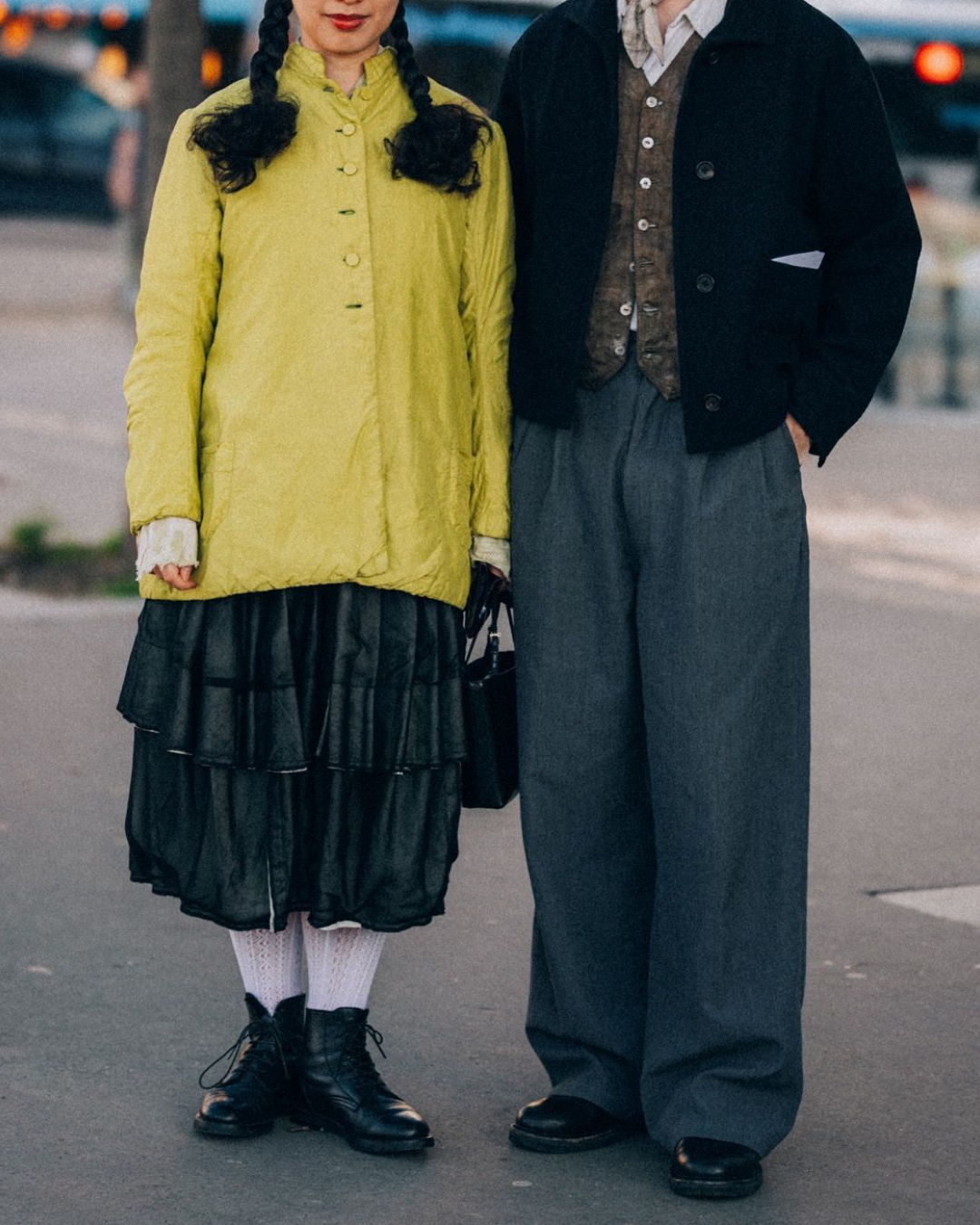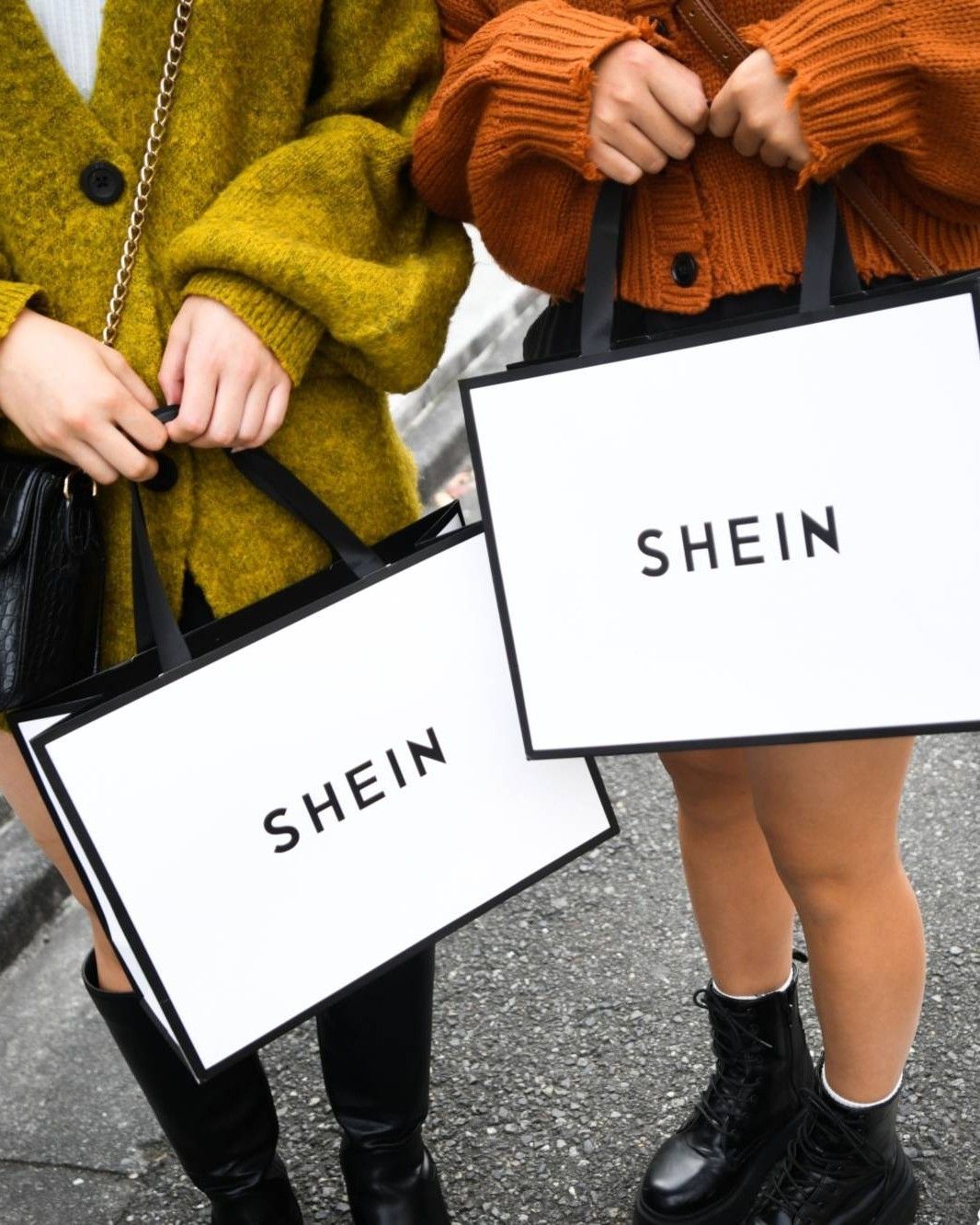
Who should actually monitor sustainability in fashion? New revelations point the finger at sustainable certification companies
A few days ago we talked about the incredible rise to power of the Chinese fast fashion company Shein, which in the last year has reached profits of 2 billion dollars. While it may seem easy to criticize an "exposed" company for its negative impact on the environment and workers, the issue is much more complex. Today, the NGO Earthsight shared the results of an immersive investigation into cotton cultivation in Brazil. According to the report, despite the cotton produced in this area being initially certified as sustainable by the Better Cotton label, its production is actually contributing to deforestation and illegal logging of the land. Producers investigated by the NGO have been collaborating with the supply chains of fast fashion giants H&M and Zara for years. Determining which parties need to take responsibility becomes a multifaceted issue: Earthsight's report not only highlights the effects of intensive cotton cultivation in Brazil but also the flaws of the certification company Better Cotton and the negligence of multinational corporations Inditex and H&M.
NEW REPORT OUT TODA
— Earthsight (@earthsight) April 11, 2024
Fashion Crimes: The European Retail Giants Linked to Dirty Brazilian Cotton
Earthsight can reveal how clothes made from cotton are linked to land grabbing, deforestation, and human rights violations in Brazil.
Read here: https://t.co/8cVzDxeoNG pic.twitter.com/v2NkrjWThw
As Earthsight reports, Brazil is the world's second-largest cotton exporter for fashion, and it is predicted to surpass the United States' top position by 2030. Despite collaboration with H&M and Inditex contributing to more than doubling Brazilian cotton exports in the last decade, the status of their commercial relationship is unclear since, like all fast fashion companies, they do not directly buy from Cerrado producers. The NGO's study used satellite images, court judgments, and shipping records, ultimately tracing 816 thousand tons of cotton exported by two Brazilian companies to eight H&M and Zara suppliers, reaching stores in the United States and Europe. In response to Earthsight's revelations, both companies pointed fingers at Better Cotton's practices.
Once again, the structure established by fast fashion companies proves its impenetrability. If even companies established to certify that some production steps comply with sustainability laws cannot be relied upon, it is practically impossible to trust the "green" claims of the brands involved (besides H&M and Zara, also Pull&Bear, COS, Weekday, Massimo Dutti, Oysho, Bershka, and many others). In Brazil, the government is promoting the approval of the PPCerrado plan to reduce land deforestation, but, as Earthsight's report emphasises, it is necessary for all parties involved to act before it is too late, from Better Cotton, which must review the crop certification process and establish new traceability standards, to H&M and Zara, which must learn to better control their supply chains and accept being promoters of a system that will never truly be "green." Regardless of how many green labels, false or true, appear on their megascreens, fast fashion will never be a friend of the environment.















































